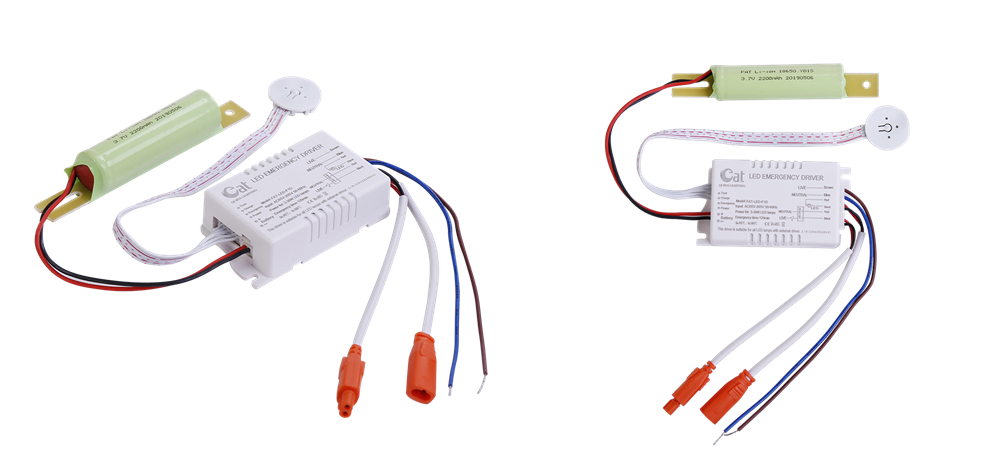In recent years, some experts have raised concerns about the overuse of chemical fertilizers, warning that it can severely pollute soil and water resources. Over time, this practice risks creating a vicious cycle where more fertilizer is applied to maintain yields, but the land becomes less productive, threatening the long-term sustainability of agriculture in China. This issue demands immediate attention.
"Fertilization is like taking medicine—it becomes addictive," one farmer remarked.
In Yandian Township, Feixi County, Hefei City, Anhui Province, Ma Yongxin, a large-scale grain farmer who cultivates over 1,400 mu of land, was seen applying fertilizer to his wheat fields. Farmers wore straw hats and masks as they moved through the fields, using nitrogen-filled plastic buckets to spread fertilizer while walking.
"Today, the amount of fertilizer used per mu is ten times what it was 20 years ago," said Ma, who calculated for reporters this year that at least four types of fertilizer—basic, jointing, panicle, and others—are applied per season. Some farmers even add boron to supplement trace elements, averaging 80 kg of fertilizer per mu each quarter.
"Chemical fertilizers are essential for high yields. When nitrogen is applied, the wheat leaves turn bright green. Potassium phosphate makes the straw thicker," Ma explained.
In Zhongcao Village, Qiliying Town, Xinxiang County, Henan Province, farmer Ma Youyong was also seen applying large amounts of chemical fertilizer. He noted that compared to previous years, the average compound fertilizer per mu has increased by 10 kg, and urea usage has risen by 5 to 10 kg per mu.
Reporters found that many farmers in major agricultural provinces such as Anhui, Henan, and Hebei still hold misconceptions about fertilizer use, believing that higher yields depend on more fertilizer. Mao Weidong, deputy director of the Soil Fertilizer Station in Handan City, Hebei, explained that farmers often apply more than the recommended amount, with some using up to 40 kg of fertilizer per acre for top-dressing.
Ma Zhiming from Jiamu Village, Tangxian County, Shijiazhuang, shared that although soil testing and formula fertilization guidance are available, farmers tend to believe that the government suggests less fertilizer, which they feel isn’t enough. "It’s like taking medicine—when the doctor says one pill, you take two. That’s how we get addicted to fertilizing," he said.
Experts warn that low fertilizer utilization rates are a major concern. In China, the overall fertilizer utilization rate is only around 30%, meaning 70% is wasted. Over time, this leads to soil and water pollution, reduced crop quality, and environmental degradation.
Zhao Lianzi, deputy general manager of Henan Xinlianxin Chemical Fertilizer Co., Ltd., pointed out that the international safety limit for fertilizer application is 15 kg per mu, but China's average is about 58 kg per mu.
Guo Xisheng, director of the Institute of Soil and Fertilizer Research at the Anhui Academy of Agricultural Sciences, warned that overuse of chemical fertilizers can lead to three major problems: increased greenhouse gas emissions, water eutrophication, and soil degradation, including compaction, salinization, and acidification.
Farmers like Ma Yongxin and Hao Kexiang have noticed that excessive fertilization causes soil hardening, making plowing more difficult and damaging farm equipment. They also observe that crops become more susceptible to pests and diseases due to imbalanced nutrient levels.
Yu Baohai, deputy director of the Soil and Fertilizer Work Station in Chengde City, Hebei, added that excessive nitrogen fertilizer can leave harmful residues in vegetables, posing health risks to consumers.
"Over-fertilization creates a cycle where more fertilizer is needed to compensate for declining soil quality," Guo warned. "This could lead to serious consequences in the future."
Experts suggest that changing the way farmers think about fertilization is crucial. Many do not follow scientific methods like soil testing or formula fertilization, and the use of organic fertilizers has declined due to fewer livestock and less manure.
Zhang Xibao, chief agronomist in Feixi County, Anhui, emphasized that deep application of fertilizer can reduce waste by up to 20%. At the same time, promoting the return of crop straw to the fields and increasing organic fertilizer use can help restore soil health.
Grassroots officials and experts recommend that farmers be educated on proper fertilization techniques, and that land should be consolidated to allow large-scale producers to manage farming more efficiently. This shift could lead to more sustainable and effective agricultural practices in the long run.
The LED emergency inverter is a combination of a white high-quality ABS shell and an external lithium ion battery , which is small in size and easier to hide in the ceiling . This emergency conversion kit is suitable for all external driver of LED lights in the wide voltage AC85-265V range , equipped with lithium ion battery that can be recharged up to 500 times , the emergency power supply has multiple protection functions , such as overcharge , over-discharge , short circuit protection , etc .

Led Inverter,Led Power Converter,Led Emergency Battery Driver,Emergency Light Conversion Kit
Jiangmen City Pengjiang District Qihui Lighting Electrical Appliances Co., Ltd , https://www.qihuilights.com
